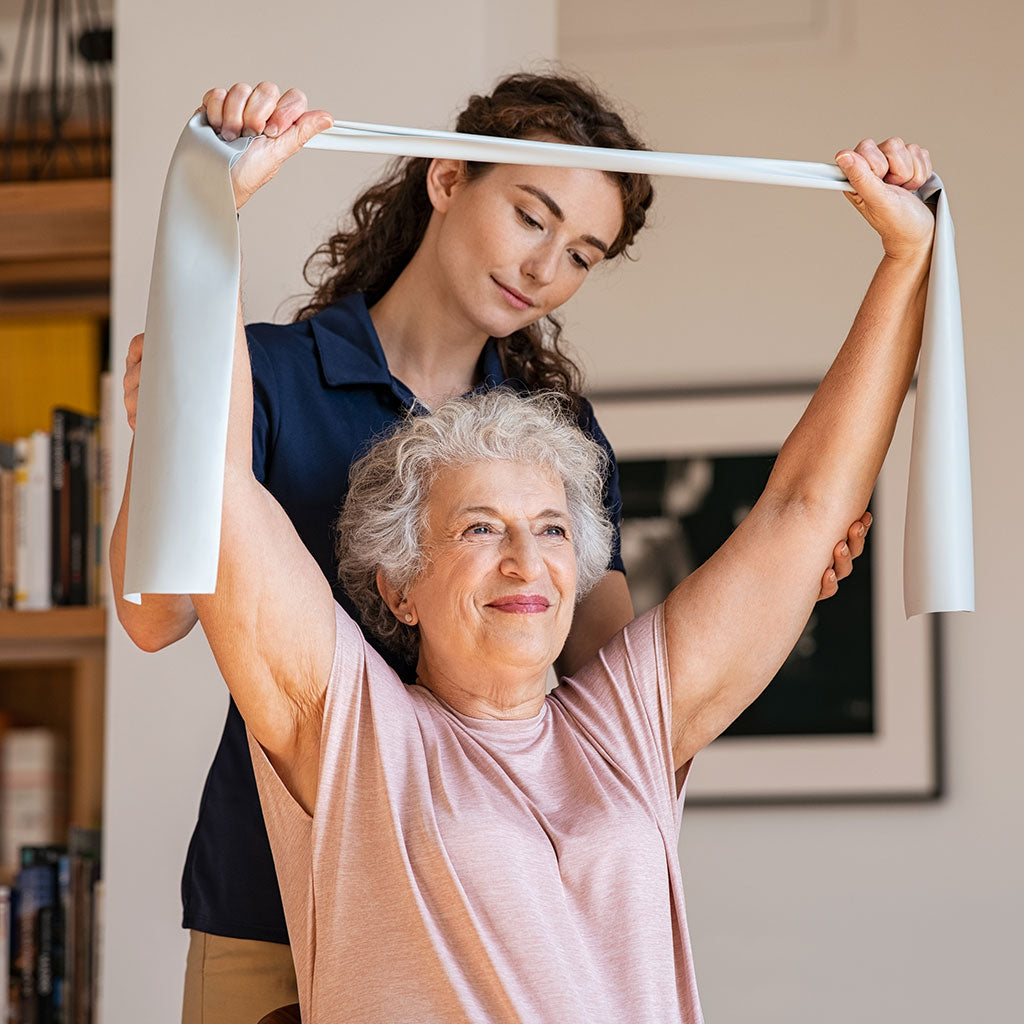Simple ways to help your child adjust to the changes in season, routines, and daily life
As the weather cools and routines shift, autumn can bring a mix of excitement and challenges, especially for children who experience sensory sensitivities or developmental differences. Even small changes like new clothes, darker mornings, or different outdoor play can feel overwhelming.
At Steps2Life, our paediatric occupational therapists work closely with families to make everyday transitions a little easier. Whether it’s supporting motor skills, building independence, or creating calming routines, we’re here to help your child feel more confident and comfortable as the seasons change.
Tips to Help Your Child Adjust to the Season
Here are 5 OT-approved tips to help your child smoothly transition into the new season with confidence.
1. Prepare for sensory changes in clothing
Many children with sensory sensitivities find textured autumn clothing like jumpers, scarves, or thermals difficult to wear. Your child’s likes and dislikes matter – validating their preferences is also important.
Try this strategy:
-
Let your child practise wearing new items in short bursts.
-
Use a visual clothing choice board to promote independence.
-
Encourage your child to help choose clothing, building their self-care skills and confidence.
This sensory-aware approach helps create a more comfortable home environment and reduces stress.
2. Maintain routine with visual schedules
Shorter days and shifts in daylight can make routines harder to follow.
Tips to help:
-
Use visual schedules to help your child anticipate their day-to-day life.
-
Add reward charts and timers to improve predictability.
Occupational therapists help with structure and routine to support participation at school or home.
3. Create a calm sleep space
Seasonal changes can affect your child’s sleep. A sensory-aware environment makes a big difference.
Sleep strategy:
-
Practise a predictable bedtime routine with music, story time, or dim lights.
-
Adjust the environment to help your child feel safe and relaxed.
This promotes long-term habits and supports your child’s development.
4. Encourage movement and play
Less outdoor time can affect gross motor skills and social interaction. Active play supports vestibular, proprioceptive, and auditory regulation.
Fun activity ideas:
-
Set up an obstacle course using pillows and tunnels.
-
Try animal walks, play dough, or piggy-back rides.
-
Encourage motor planning through jumping, stretching, or leaf raking.
These activities help develop fine motor skills, coordination, and a sense of accomplishment.
5. Talk about and practise seasonal changes
Talk about autumn. Help your child explore the new smells, sounds, and textures.
Helping your child adapt:
-
Use books and visuals to teach about making changes.
-
Let them practise strategies for coping.
-
Prepare for new environments with noise-cancelling headphones or quiet areas.
OTs and therapy sessions can help tailor these ideas to your child’s therapy goals.
How Occupational Therapy Can Help
Occupational therapy helps children with:
-
Handwriting, getting dressed, and tying their laces
-
Building new skill sets and skills and fine motor control
-
Developing adaptive tools and using equipment to help
-
Improving speech pathology outcomes with holistic support
Our occupational therapists work across all areas of their lives to help improve independence and confidence.
If you're navigating NDIS, we can guide you through support options.
We also offer:
-
Help to support your child at school
-
Coaching parents to understand your child’s needs
-
Encouragement to focus on your child’s strengths and celebrate every milestone
Tips for Parents
Tips for parents to build success at home:
-
Prepare your child with visuals and routines
-
Let them practise in calm moments
-
Encourage teaching children through play; that's how children learn best
-
Use visual perception games and sensory play
-
Always build on what your child can do
Ready to Support Your Child?
Whether your child is just starting therapy or already engaged in care, we’re here to help create therapeutic strategies that work.
Book with us today or get in touch to learn how occupational therapists can help your child thrive.
Explore our occupational therapy activities and discover how OT can support your child’s development
Let us practice strategies together and guide your next steps with confidence
























